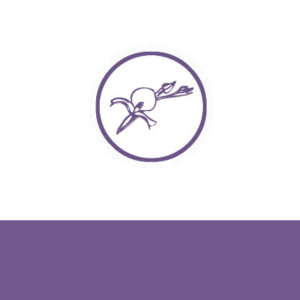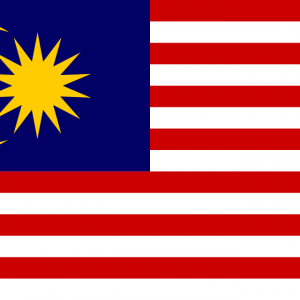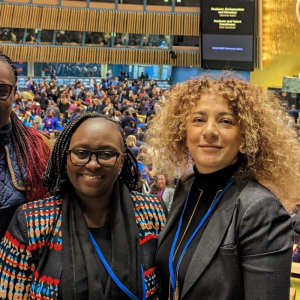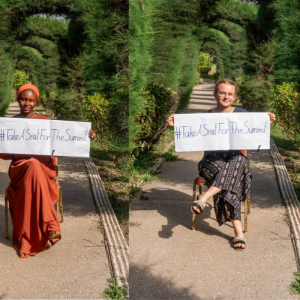Today, October 11th, is the International Day of the Girl Child. Declared by the UN General Assembly in 2011, the day recognises the unique challenges faced by girls worldwide and focuses on the need to address these challenges and to promote girls empowerment and the fulfilment of their human rights. The active and meaningful participation of girls in decisions affecting them, alongside active support and engagement of the wider community, is vital in breaking the cycle of discrimination and violence and enabling full enjoyment of human rights.
This year’s Day of the Girl focus is on ‘Innovating for Girls’ Education’. Not only is this an obligation and moral imperative but girls’ education has been shown to be a transformative force for societies, from reducing poverty and mortality to equitable growth, social norm change and democratisation.
Female genital cutting is an abuse of women’s and child rights. An end to FGC supports a woman’s life choices, such as delaying the age at which she leaves school, the age at which she marries and that age that she has her first child, enabling greater access to financial opportunities and thus leading to her economic and social empowerment.
Investing in girls through programmes to end FGC with a human rights and empowerment approach is critical in achieving millennium development goals, including the promotion of gender equality, reducing child mortality and improving maternal health. Education and empowerment programmes enabling girls and communities to understand their human rights and responsibilities and talk openly about FGC are central to enabling communities to abandon FGC, as well as deconstructing gender norms around violence, child marriage and sexual health.
Through our partner Tostan’s comprehensive non-formal education program, communities make decisions about how girls should be treated. They agree that girls’ rights, health, education, skills, and knowledge are essential to community development. Empowered through human rights education, communities take charge to protect and promote the wellbeing of girls.
Community mobilisation and the engagement of young people themselves have been recognised by the UN as crucial in furthering girls’ education. At Orchid we are proud to support such efforts through our programmes.




